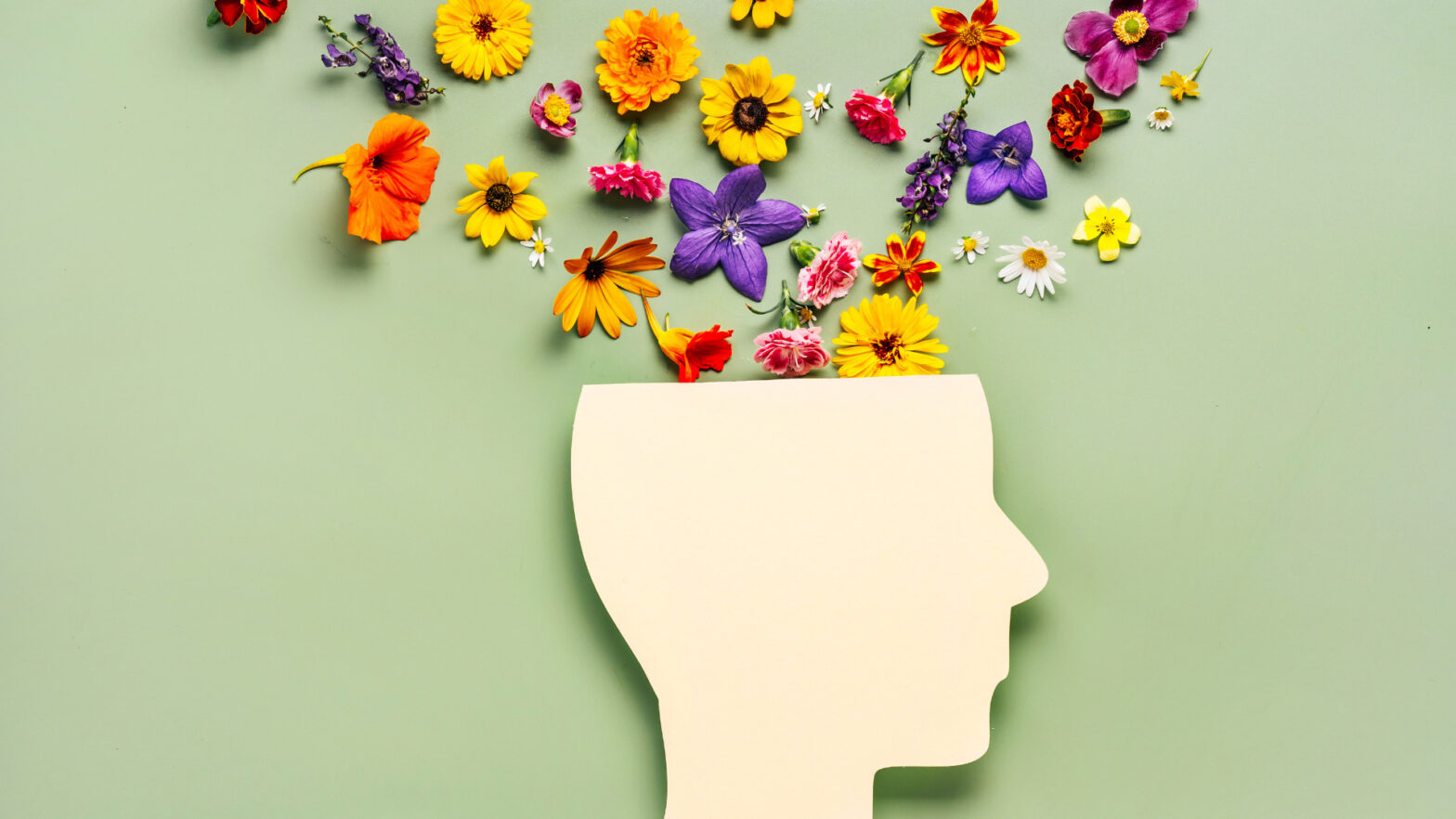the information provided on the blog and the material linked are for educational purposes only and does not substitute for professional medical advice. please consult a medical professional with any questions or concerns.
this post contains affiliate links meaning i may earn a commission, at no extra cost to you, if you make a purchase using these links. that being said, i only recommend products i love and trust.
Unmanaged anxiety and depression can put you in a debilitating state. Your job, your family, and your overall well-being can negatively be affected by these conditions. Thankfully there are things we can do in our daily lives to combat these feelings and keep us mentally healthy. Let’s explore ways to raise awareness and provide support for those navigating these mental health challenges.
Anxiety and Depression
Before delving into coping strategies, it’s essential to grasp the nature of anxiety and depression. Anxiety often manifests as excessive worry or fear, while depression involves persistent feelings of sadness and a lack of interest in daily activities. Both conditions can affect sleep, appetite, and overall quality of life.

Mental Heath Strategies
Seek Professional Support
One of the most powerful and underestimated strategies is seeking professional help. A mental health professional will be able to tailor their guidance to your specific needs.
Think about it, we take sick days for medical ailments like cold and flu, we should normalize mental health “sick days”, as well. Research suggests that therapy improves emotional and psychological well-being.
If you are struggling to leave the house or don’t have the means to travel, there are many online counseling services such as BetterHelp or Talkspace.

Practice Mindfulness and Relaxation Techniques
Just like physical health, mental health takes years of consistent hard work. But don’t like that fool you, light and simple exercises can improve your mental health. Practicing mindfulness and relaxation techniques, for example.
According to the Center of Clinical Intervention, mindfulness is the opposite of being on “auto-pilot”. Mindfulness is participating fully, being aware and present within the moment.
Relaxation techniques such as meditation or mindful breathing has been helpful in decreasing stress, anxiety, depression and negative emotions says HelpGuide.org. Read more about daily breathing exercises to enhance your zen and focus.
Daily Breathing Exercises Will Enhance Your Zen, Focus, and Life
FacebookTweetPin Inhale. Exhale. Oxygen is essential for our everyday life. Oxygen gives our body the ability to break down food and obtain the energy we need to survive reports AMNH. It…
Regular Exercise
In agreement with Harvard Health, the most effective nonmedical treatment to combat anxiety and depression is exercise. Specifically aerobic exercise like riding bike, dance, or taking a brisk walk.
This study by Medicine & Science in Sports & Exercise indicates exercise results in a significant reduction of negative mood such as anger, tension, and depression.
The Importance of Regular Exercise: How to Stay Active and Well
FacebookTweetPin this post contains affiliate links meaning i may earn a commission, at no extra cost to you, if you make a purchase using these links. that being said, i only…
As little as 30 minutes of exercise a day is recommended.
Maintain a Healthy Lifestyle
This article published in the journal Nature Mental Health has concluded that regardless of genetic predisposition, a healthy lifestyle has the potential to substantially lessen the likelihood of experiencing depression.

Over 9 years, this study investigated 7 lifestyle factors in 287,282 individuals. These factors include low alcohol consumption, healthy diet, healthy physical activity, good quality sleep, no smoking, low sedentary behavior and frequent social connection. Every one of these factors resulted in a decreased risk of depression.
Participating in the activities mentioned above will increase your overall well-being, allow for better depression management, and have you feeling better in no time.
Conclusion
In conclusion, adopting one or more of the recommended strategies will help better maintain anxiety and depression. Keeping mental health a top priority will help us live overall happier and healthier lives.



